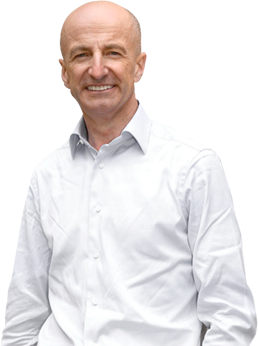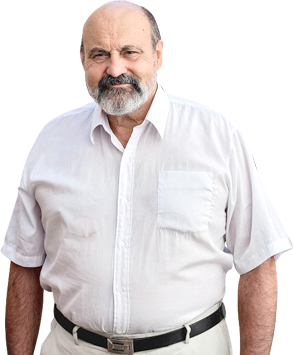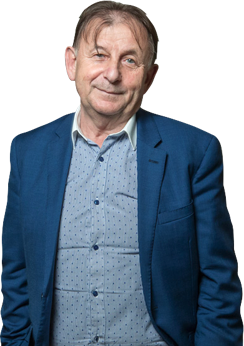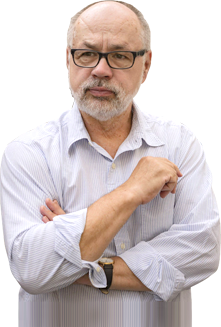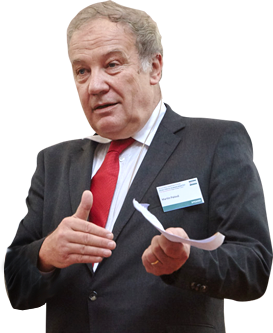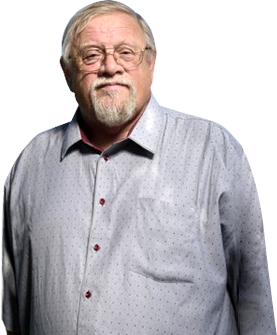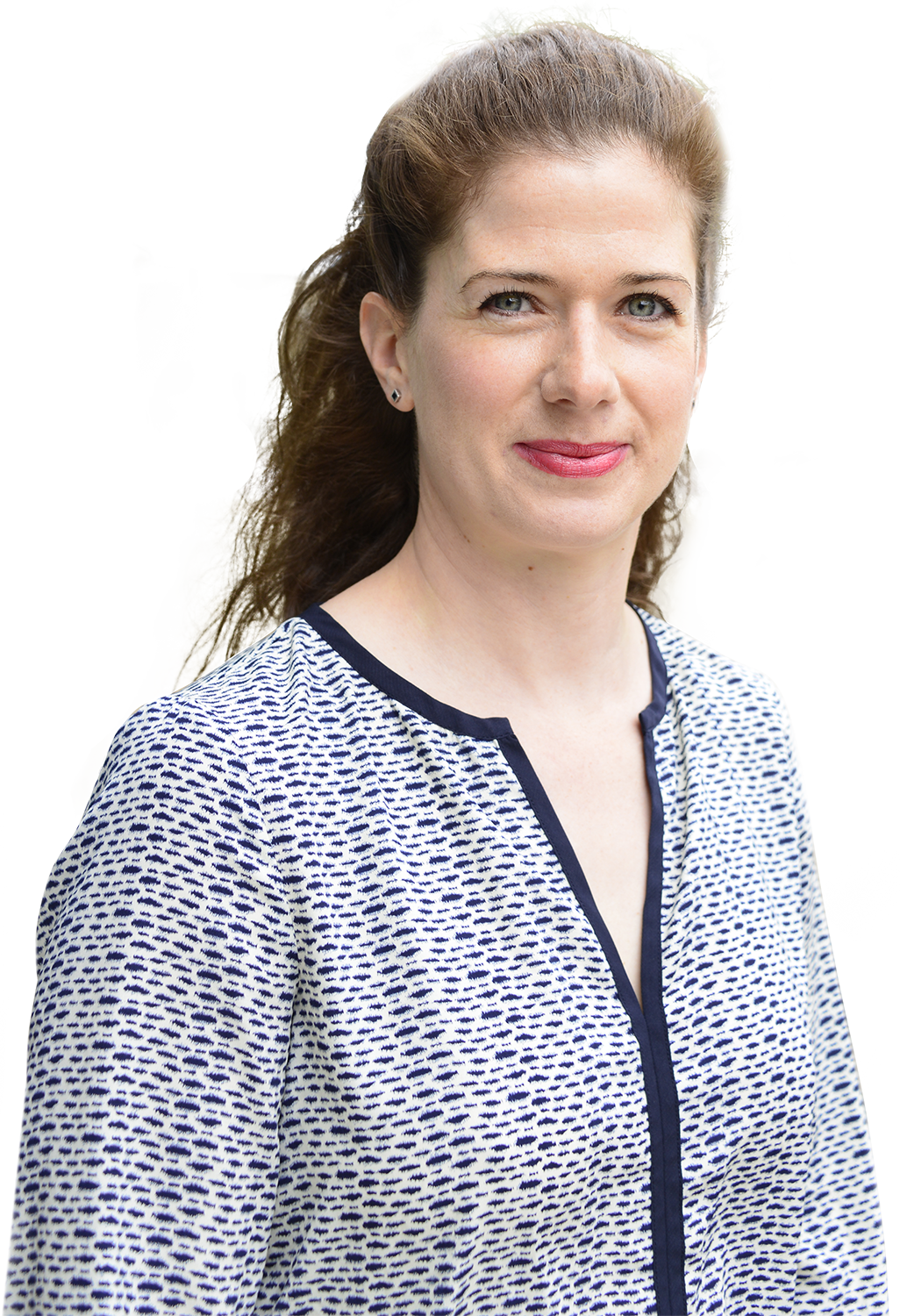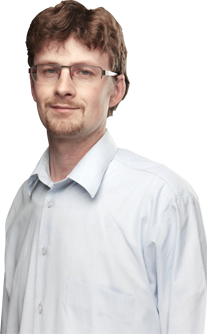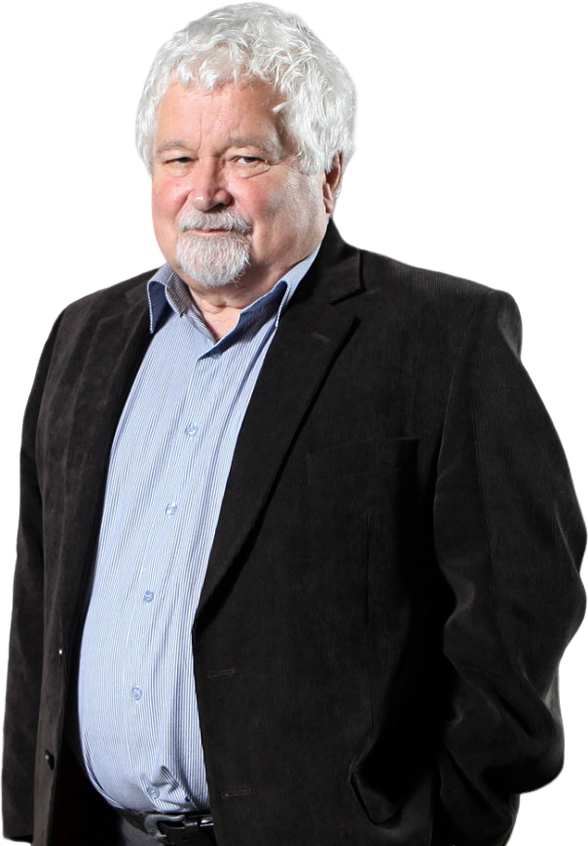About Us
The Sekyra Foundation was established by Czech businessman Ludek Sekyra to support human rights, moral universalism, liberal values and civil society.
The Foundation also aids the development of critical and philosophical thought and supports academic institutions and educational projects, including the publication of works by significant thinkers. The Foundation also endeavors to promote intergenerational dialogue around responsibility for the future of our planet.Video
Cooperation
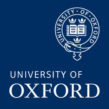 University of Oxford
Oxford, UK
University of Oxford
Oxford, UK
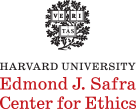 Harvard University
Cambridge, USA
Harvard University
Cambridge, USA
 Centre for Philosophy, Ethics and Religion
Prague, CZ
Centre for Philosophy, Ethics and Religion
Prague, CZ
 Athens Democracy Forum
New York Times and Athens
Athens Democracy Forum
New York Times and Athens
 Pen Club
Prague, CZ
Pen Club
Prague, CZ
 Václav Havel Library
Prague, CZ
Václav Havel Library
Prague, CZ
 Kultura Liberalna
Warsaw, PL
Kultura Liberalna
Warsaw, PL
 University of Notre Dame
Notre Dame, USA
University of Notre Dame
Notre Dame, USA
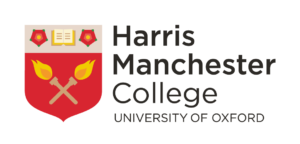 Harris Manchester College
Oxford, UK
Harris Manchester College
Oxford, UK
 Freedom Festival
Prague, CZ
Freedom Festival
Prague, CZ
 Europaeum
Oxford, UK
Europaeum
Oxford, UK
 The Institute for Human Sciences
Vienna, AT
The Institute for Human Sciences
Vienna, AT
 Vienna Circle Society
Vienna, AT
Vienna Circle Society
Vienna, AT
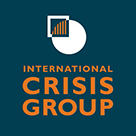 International Crisis Group
Washington DC, USA
International Crisis Group
Washington DC, USA
 Foyer
Sint-Jans-Molenbeek, BE
Foyer
Sint-Jans-Molenbeek, BE
 Central European Forum
Bratislava, SK
Central European Forum
Bratislava, SK
 The Czechoslovak Documentation Centre
Prague, CZ
The Czechoslovak Documentation Centre
Prague, CZ
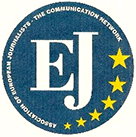 Association of European Journalists
London, UK
Association of European Journalists
London, UK
 The Czech Christian Academy
Prague, CZ
The Czech Christian Academy
Prague, CZ
 Liberal Institute
Prague, CZ
Liberal Institute
Prague, CZ
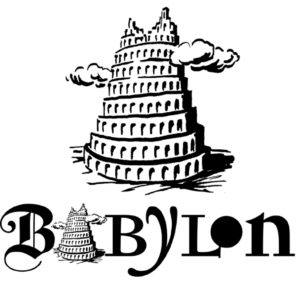 Babylon Magazine
Prague, CZ
Babylon Magazine
Prague, CZ
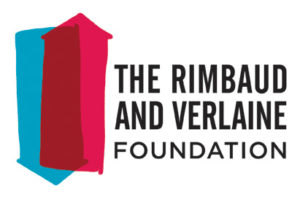 The Rimbaud and Verlaine Foundation
London, UK
The Rimbaud and Verlaine Foundation
London, UK
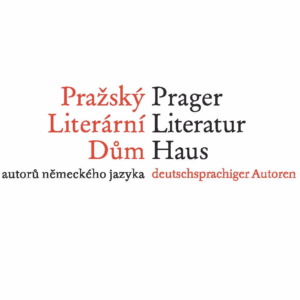 Prager Literaturhaus deutschsprachiger Autoren
Prague, CZ
Prager Literaturhaus deutschsprachiger Autoren
Prague, CZ
 Salve
Prague, CZ
Salve
Prague, CZ
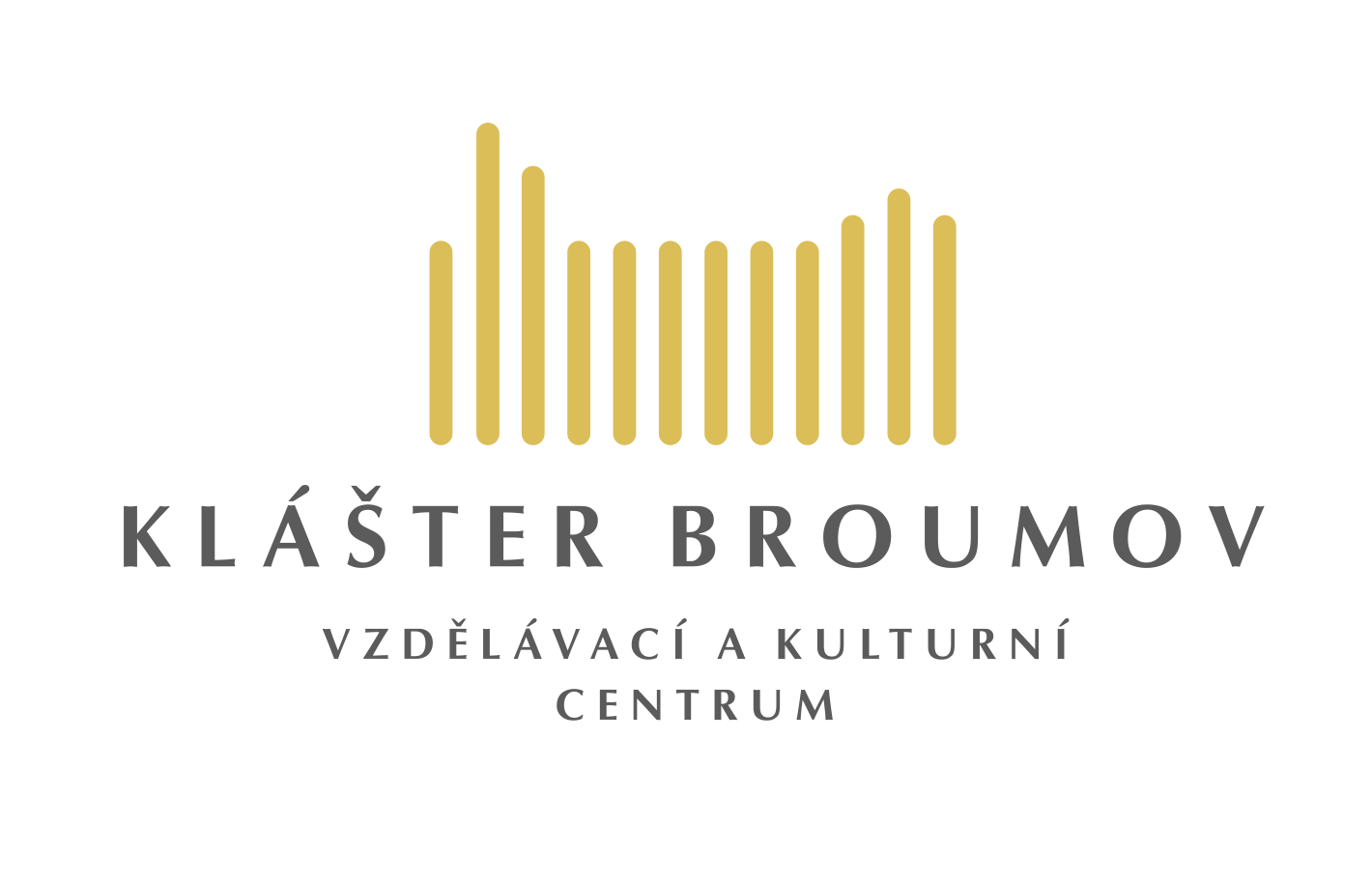 Monastery Broumov
Broumov, CZ
Monastery Broumov
Broumov, CZ
 Studio Hrdinů
Prague, CZ
Studio Hrdinů
Prague, CZ
 Karolinum press
Prague, CZ
Karolinum press
Prague, CZ

